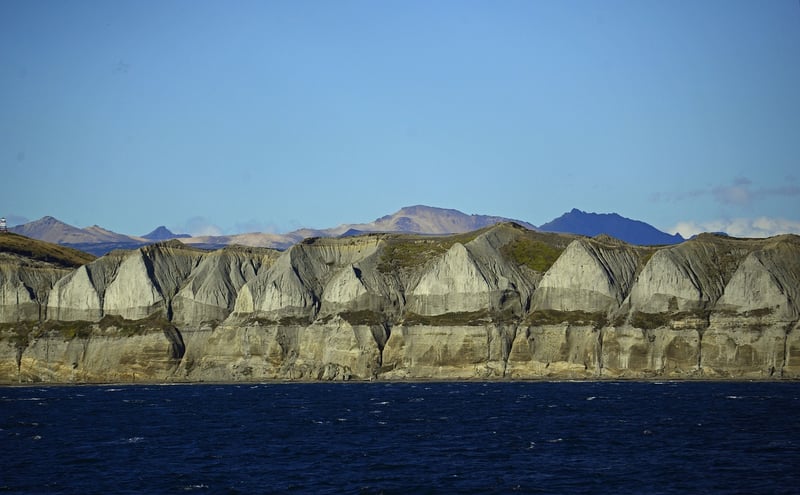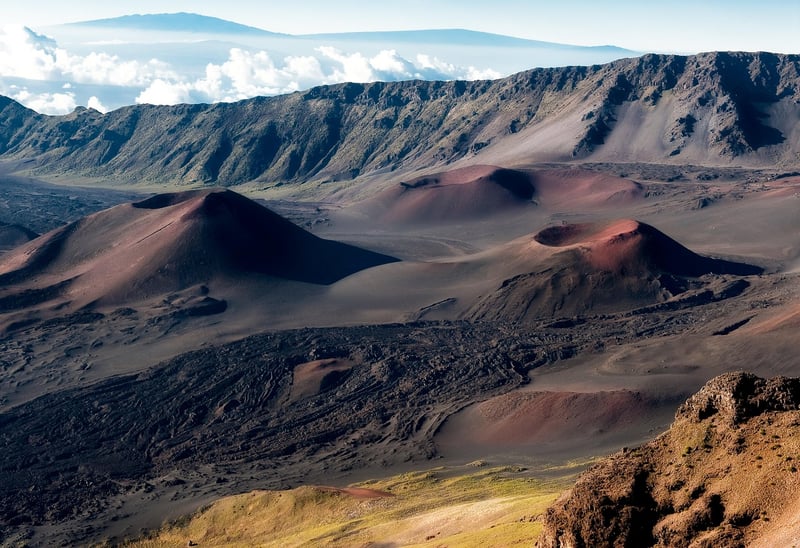Historical Navigators
Expert Advice and Guidance for Aspiring Navigators
Introduction
Welcome to our guide for aspiring navigators! Whether you're a seasoned sailor or a beginner exploring the wonders of navigation, this article aims to provide you with expert advice and guidance to enhance your skills. Join us as we delve into the fascinating world of historical navigators and their profound impact on the art of navigation.
Expert Advice
Before embarking on any voyage, it's essential to equip yourself with the right knowledge and tools. Here are some expert tips to help you navigate the high seas with confidence:
- Study the stars: Familiarize yourself with celestial navigation techniques to determine your position using the stars.
- Master the compass: Understanding how to use a compass effectively is crucial for accurate navigation.
- Learn to read nautical charts: Nautical charts provide vital information about water depths, landmarks, and potential hazards.
- Stay updated on weather conditions: Weather can significantly impact your journey, so stay informed and plan accordingly.
- Practice regularly: Like any skill, navigation requires practice to hone your abilities and build confidence.
Historical Navigators
Throughout history, brave navigators have embarked on daring voyages, pushing the boundaries of exploration and discovery. Here are a few notable historical figures who left their mark on the world of navigation:
1. Christopher Columbus

Christopher Columbus, an Italian explorer, is renowned for his transatlantic voyages in the late 15th century, which opened up the Americas to European exploration.
2. Ferdinand Magellan

Ferdinand Magellan, a Portuguese explorer, led the first expedition to circumnavigate the globe, proving that the Earth was round.
3. James Cook

James Cook, a British explorer, undertook three voyages to the Pacific Ocean, mapping new territories and making significant contributions to navigation and cartography.
By studying the achievements of these historical navigators, we can gain valuable insights into the art and science of navigation.
Conclusion
As you embark on your own navigational journeys, remember to draw inspiration from the past while embracing modern techniques and technology. With dedication, practice, and a thirst for exploration, you can navigate the seas with confidence and precision. Bon voyage!
